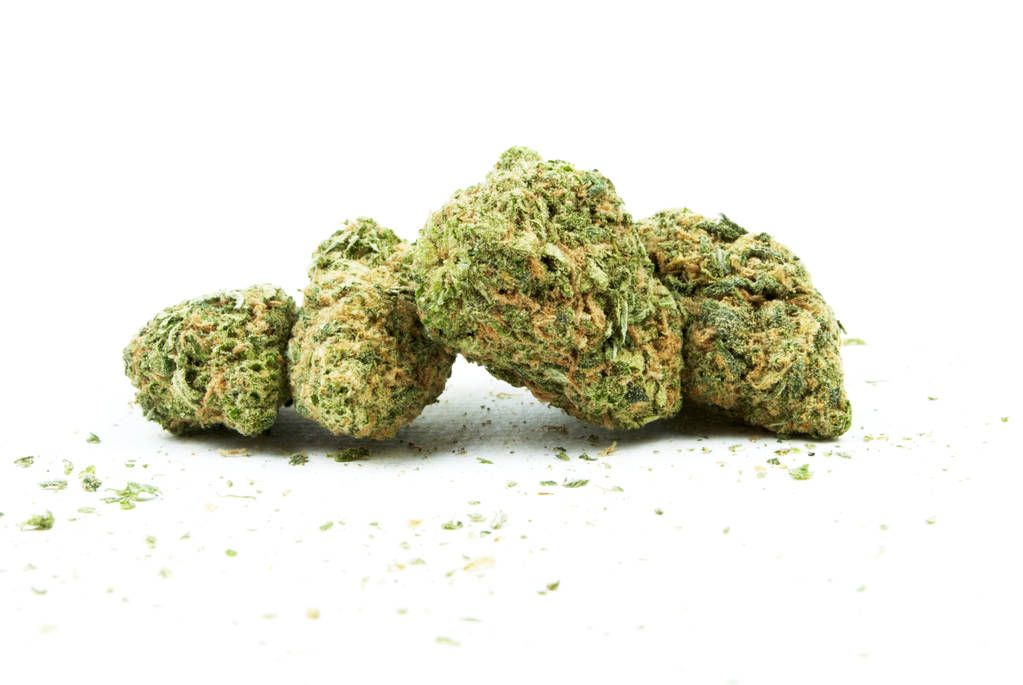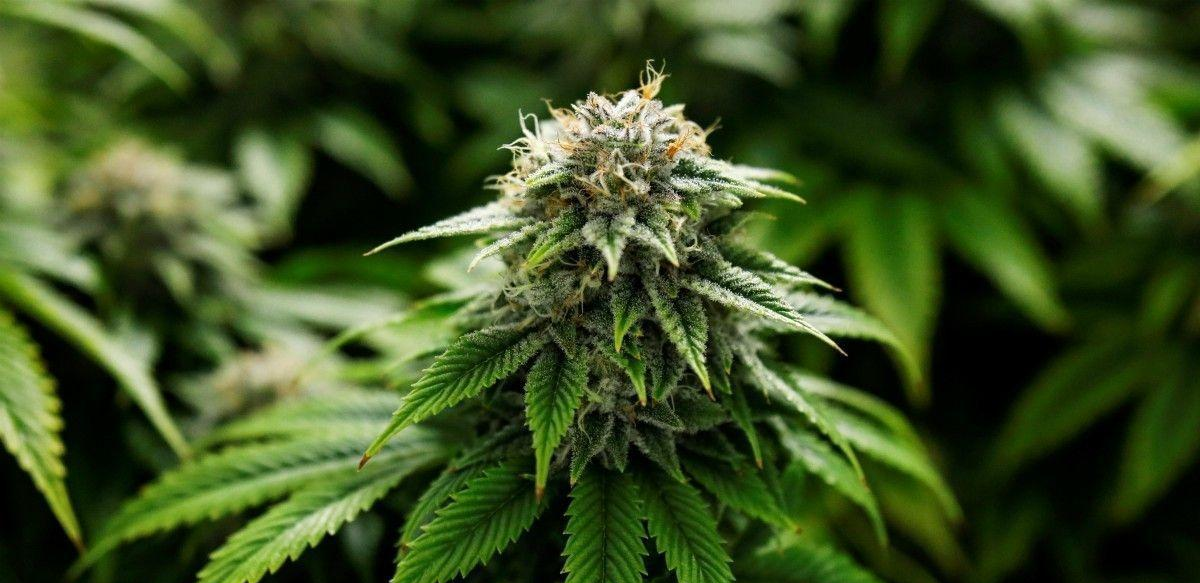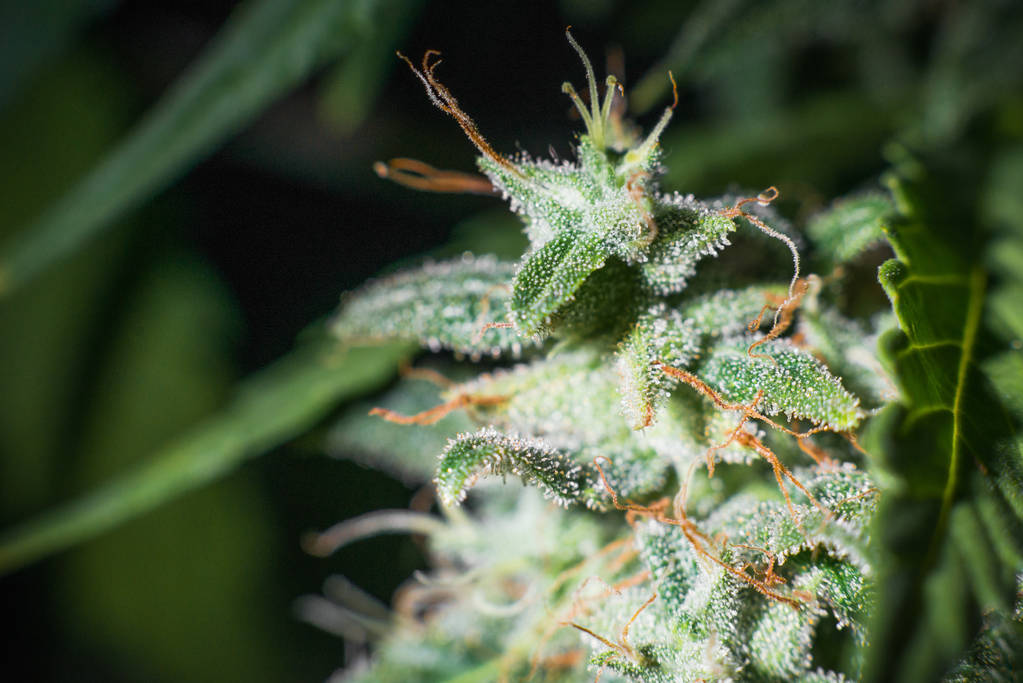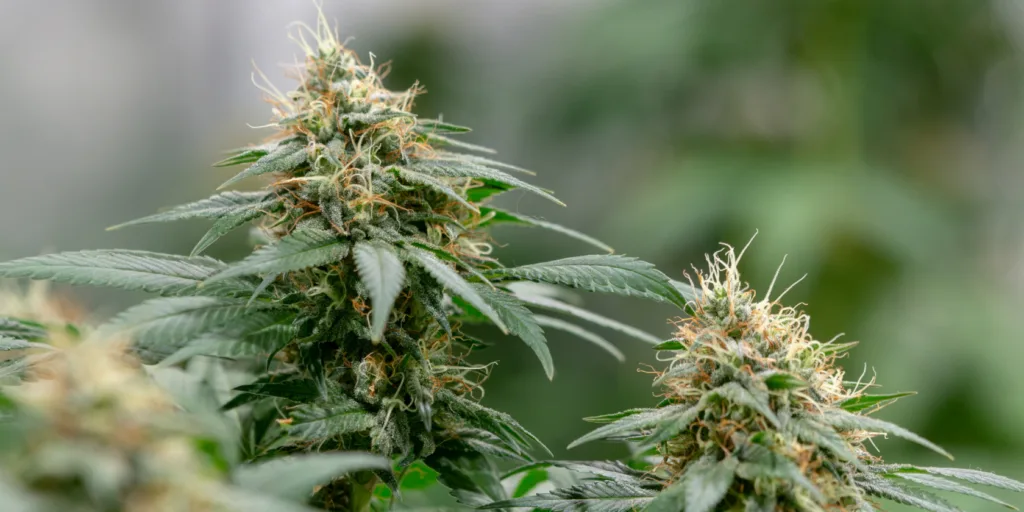Sativas have long been celebrated for their uplifting and energizing effects, making them a favorite among marijuana enthusiasts. In 2024, a mix of timeless classics and exciting newcomers have dominated the shelves of marijuana dispensaries and retail outlets.

Durban Poison.
Below is a curated list of the most popular sativa and sativa-dominant strains of 2024. The strains’ popularity was determined by a combination of factors, including data from state regulatory agencies, opinions provided by our readers, and data provided by Leafly (for a list of the overall most popular strains, click here).
Continue reading


 House Bill 75, which has been referred to the referred to the Criminal Justice and Public Safety Committee, includes comprehensive provisions that would remove marijuana from the state’s controlled substances schedule, annul past cannabis-related convictions, and prohibit state and local law enforcement from enforcing federal cannabis laws. If passed, the legislation would keep underage possession and public use of marijuana illegal, while creating a pathway for licensed regulated marijuana use among adults.
House Bill 75, which has been referred to the referred to the Criminal Justice and Public Safety Committee, includes comprehensive provisions that would remove marijuana from the state’s controlled substances schedule, annul past cannabis-related convictions, and prohibit state and local law enforcement from enforcing federal cannabis laws. If passed, the legislation would keep underage possession and public use of marijuana illegal, while creating a pathway for licensed regulated marijuana use among adults. On Saturday, December 21, sales hit the billion-dollar mark, ending the day at $1,004,826,946. Since the start of adult-use cannabis sales in April 2022, New Jersey’s cannabis market has generated more than $2 billion in total revenue. Sales have been bolstered by an expanding number of licensed dispensaries—now totaling more than 190 locations across the state—and a steadily increasing demand for safe, regulated cannabis products.
On Saturday, December 21, sales hit the billion-dollar mark, ending the day at $1,004,826,946. Since the start of adult-use cannabis sales in April 2022, New Jersey’s cannabis market has generated more than $2 billion in total revenue. Sales have been bolstered by an expanding number of licensed dispensaries—now totaling more than 190 locations across the state—and a steadily increasing demand for safe, regulated cannabis products.







